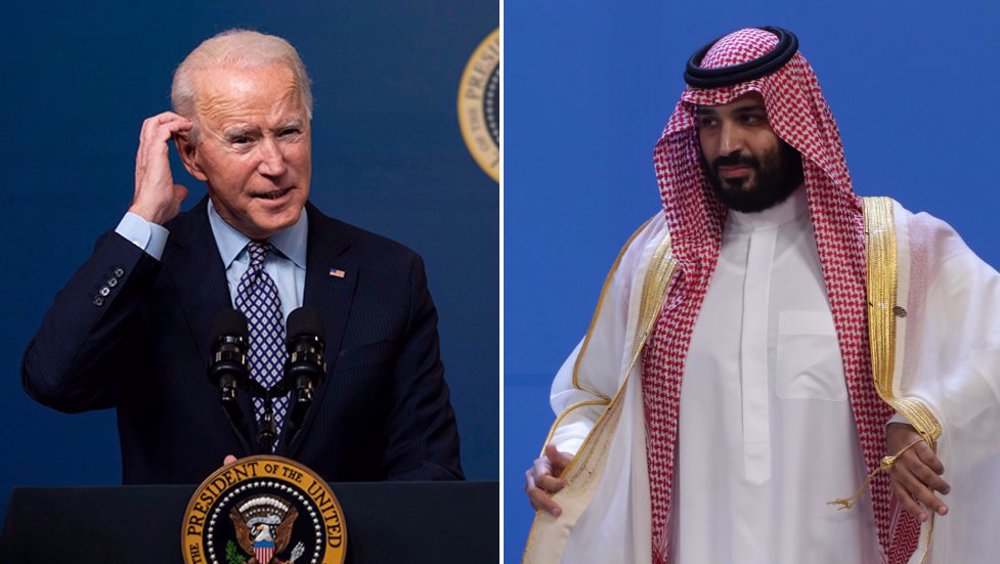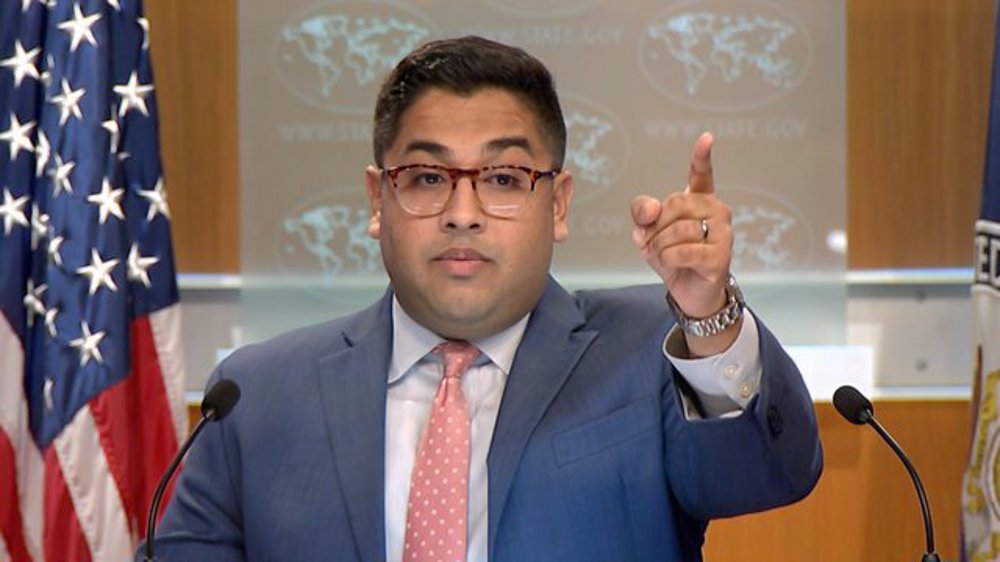US Senate committee passes antitrust bill pressuring OPEC
A key US Senate committee has approved a bill allowing the United States to sue the Organization of Petroleum Exporting Countries (OPEC) for boosting crude oil prices.
The No Oil Producing or Exporting Cartels (NOPEC) legislation, which was sponsored by senators, including Republican Chuck Grassley and Democrat Amy Klobuchar, passed 17-4 in the Senate Judiciary Committee on Thursday.
NOPEC must pass the full Senate and House and then be sent to President Joe Biden for him to sign into law. The White House has not, however, commented on whether Biden would back
If passed, the bill would enable the US attorney general to sue OPEC or its members, such as Saudi Arabia, in federal court.
Brent crude rose about 3 percent on Thursday to $113.38 a barrel, the highest since late March. In an OPEC+ meeting earlier in the day, the group refrained from raising output quotes beyond 423,000 bpd for June.
The high prices are bolstering a decades-long attempt to subject OPEC to US antitrust laws. The Thursday vote paves the way for full Senate consideration.
"I believe that free and competitive markets are better for consumers than markets controlled by a cartel of state-owned oil companies ... competition is the very basis of our economic system" Klobuchar said.
However, Senator John Cornyn, a Republican from the top US oil producing state Texas, opposed the legislation, arguing it could prompt OPEC to restrict shipments to the United States.
"If we really want to deal with price at the pump we ought to produce more oil and gas here in America," Cornyn said.
US lawmakers are increasingly concerned about rising inflation driven in part by prices for US gasoline, which briefly hit a record above $4.30 a gallon this spring.
On March 31st, US President Joe Biden authorized the release of 1 million barrels of oil from the country’s strategic reserves per day for six months in a bid to decrease the rising oil prices as a result of Russia’s military operation in Ukraine.
The Biden administration banned imports of Russian oil and gas after Moscow began its military operation on 24 February, and urged Riyadh to boost production and bring down prices. The request was, however, turned down by the Saudi regime.
Meanwhile, other OPEC producers have also rebuffed requests by the United States and other consuming countries to increase production beyond gradual amounts.
May 13: ‘Axis of Resistance’ operations against Israeli occupation
Qatari PM: Gaza ceasefire talks stalled due to Israel’s Rafah offensive
Nakba anniv.: Iran says Israel symbol of 'organized terrorism' across the world
Military intelligence official resigns over US support for Gaza war
Gaza genocide contributes to record high level of displacement: Report
UK weapons industry role in Gaza genocide
Blinken in Ukraine to reaffirm US support as Russia makes rapid advances
Dozens killed as Israel launches heavy bombardment in Gaza











 This makes it easy to access the Press TV website
This makes it easy to access the Press TV website